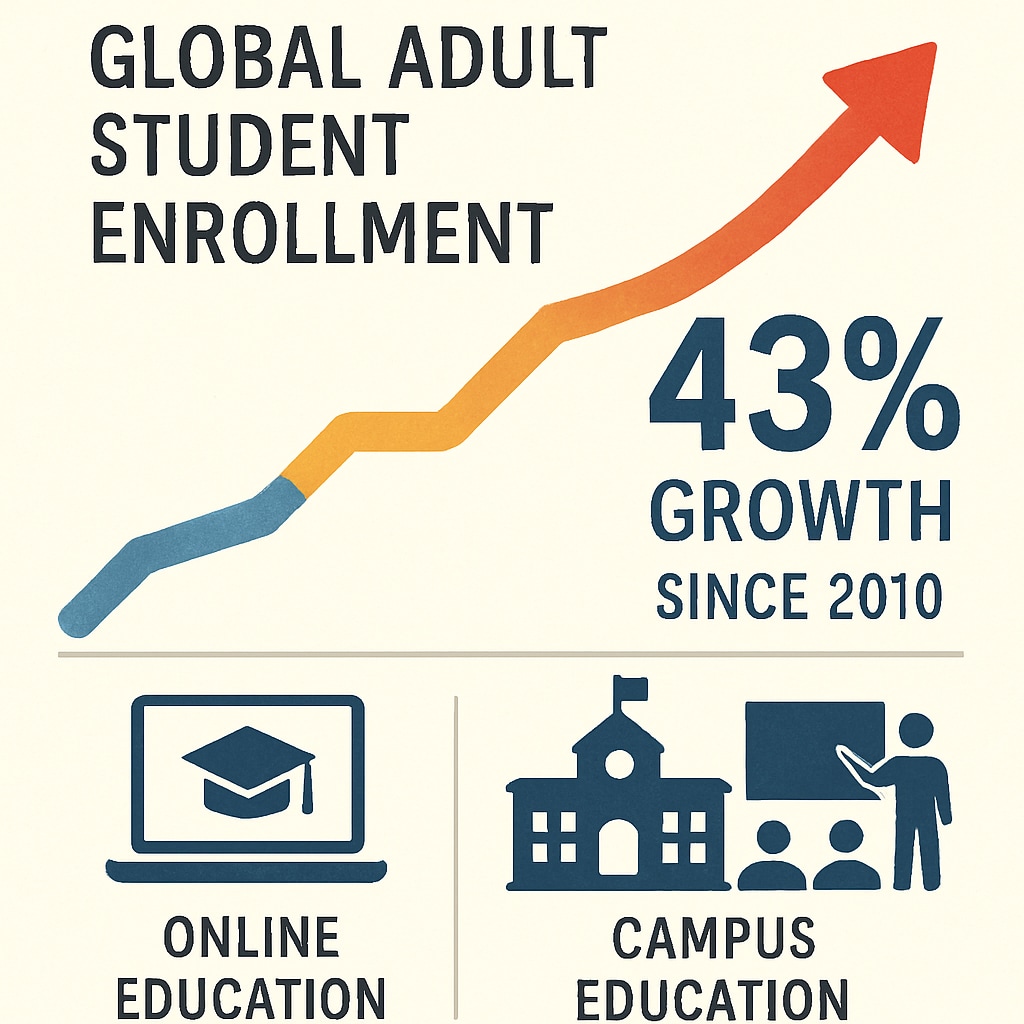Formal schooling, age concerns, and self-learning abilities often dominate discussions about adult education, yet research confirms that neurological adaptability and strategic approaches make academic success achievable at any life stage.

The Science Behind Adult Learning Capacity
Contrary to outdated beliefs about cognitive decline, studies from neuroplasticity research demonstrate the brain’s lifelong ability to form new neural connections. Key advantages adult learners possess:
- Metacognitive skills: Adults typically excel at assessing their own learning processes
- Practical application: Immediate use of knowledge enhances retention
- Motivational drivers: Clear career or personal goals sustain engagement
Modern Education Systems for Mature Students
Traditional schooling models have evolved to accommodate adult learners through:
- Competency-based programs that recognize prior experience
- Hybrid course structures combining online and in-person elements
- Micro-credentialing systems for phased skill validation

Building Self-Directed Learning Competence
The psychological foundations of successful self-education involve:
- Developing structured time management systems
- Creating feedback loops through peer networks or mentors
- Utilizing spaced repetition techniques for memory consolidation
Transitioning successfully requires acknowledging that adult education differs from childhood learning – not in potential, but in optimal methodology. By leveraging life experience as contextual scaffolding and selecting programs designed for mature learners, academic aspirations become eminently achievable.


